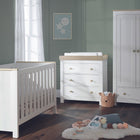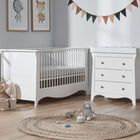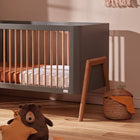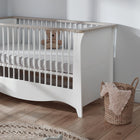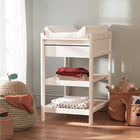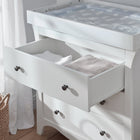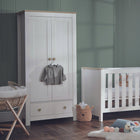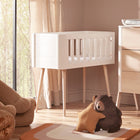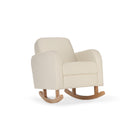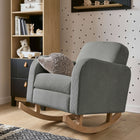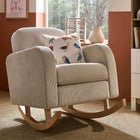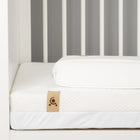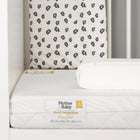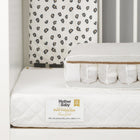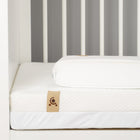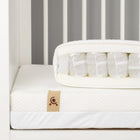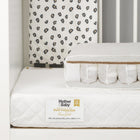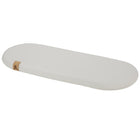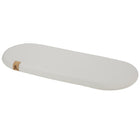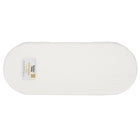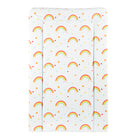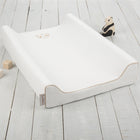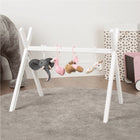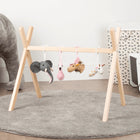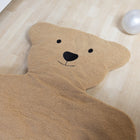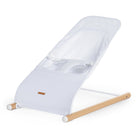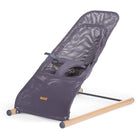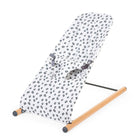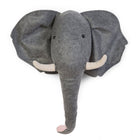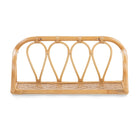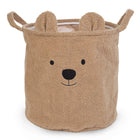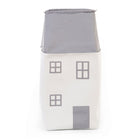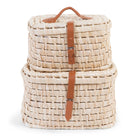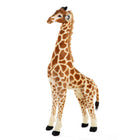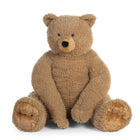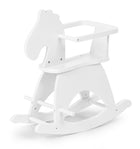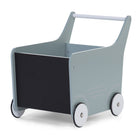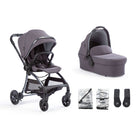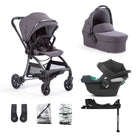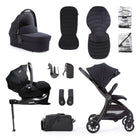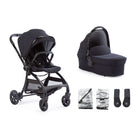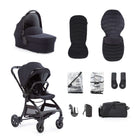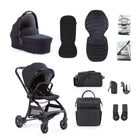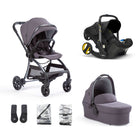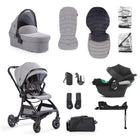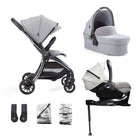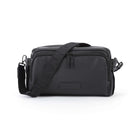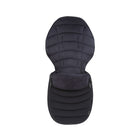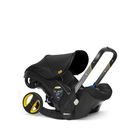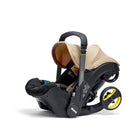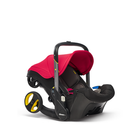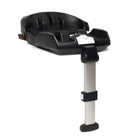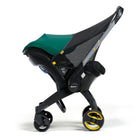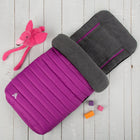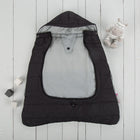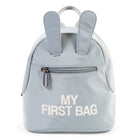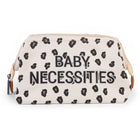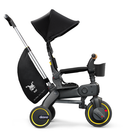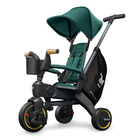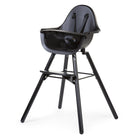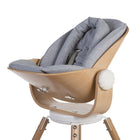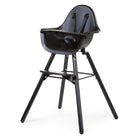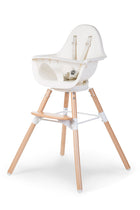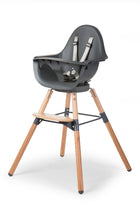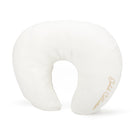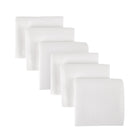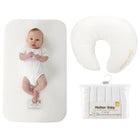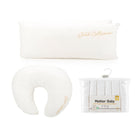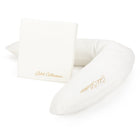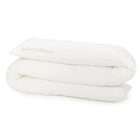You’ve rocked your baby to sleep. Sung them to sleep. Breastfed or bottle-fed them to sleep. You’re an expert at sending your baby to dreamland, but after months of perfecting this skill, you’re wondering: How long until my baby can do it on their own? Is there any way to speed up the process?
When your little one is able to self-soothe themselves to sleep, it’s a big deal. While every baby is different and no one solution will work for everyone, we’ve compiled some tips to help make the process as quick and easy as possible.
What Is Self-Soothing?
Self-soothing is typically referred to a baby’s ability to fall asleep on their own without the need for an adult to rock, cuddle, pat, carry or shush them. It is a natural mechanism to control and regulate emotions that involves a baby or young child learning how to calm themselves down when they wake up or are a little anxious or stressed.
Most babies need to be taught to self-soothe, while a few are natural self-soothers. You can expect your baby to begin soothing anywhere between three months and one year of age. In some cases, babies may take a little longer to learn.
Why Is Self-Soothing Important?
In terms of baby milestones, self-soothing may set your baby up for a lifetime of good sleeping habits.
It’s believed that babies who can self-soothe become toddlers who can self-soothe through tantrums, and so on. Plus, we probably don’t have to stress to you how much of a relief it can be when you don’t have to spend an hour — or more — each night trying to get your little one to fall asleep. Yes, you treasure that togetherness. But it’s also nice when your baby can self-soothe and you get to squeeze in a bit more sleep. Other benefits of self-soothing include:
When Can Babies Self-Soothe?
You can try simple self-soothing techniques once your baby has turned about three months old. If you start too early, your baby might get a little fussier. Don’t rush it, don’t expect too much, too soon. Take your time and allow your little one to learn how to soothe themselves naturally and in their own time.
Newborn
In the very early days, your baby can’t control their own movements to be able to self-soothe themselves. They are still adapting to life in the outside world. You have to be patient and understand that they need you and depend on you for everything, from food and changing to falling asleep. As a result, you will need to rock, pat, sing and carry your baby around for them to fall asleep sometimes. Don’t worry about your baby getting into any bad habits of being rocked to sleep at this stage, as habits don’t develop until they have turned about 12 weeks old.
Three months onwards
As your little one approaches the 12-week mark, you can teach them to sleep on their own. A few babies learn to self-settle, almost overnight, while other babies need support and encouragement to learn this new skill for as long as it takes.
How to Teach a Baby to Self-Soothe
So, how can you help your baby to learn the crucial skill of self-soothing? Here are four tips from our experts designed to do just that:
- If you are parenting your baby all the way to sleep (by rocking or feeding to sleep, for example), start changing this by still parenting them, but laying them down drowsy but awake for one nap each day. Then, you can gradually build up to doing this for all naps, and eventually at bedtime and during any night wakings. Or, for an even gentler approach, start by gradually shortening the amount of time you spend parenting to sleep — rock your baby for just five minutes, for example, instead of 10.
- Create strong, consistent sleep routines. If you haven’t already, institute a consistent nap time and bedtime routine. These routines serve as signals to your baby that sleep time is approaching.
- Allow some time — even just a minute or two — between hearing your baby cry and rushing in to comfort them. Waiting even just a minute gives your baby a chance to find their fingers or toes and start calming themselves down, a key part of learning to self-soothe.
- Comfort your baby in their crib. If your little one wakes in the middle of the night and you would like to acknowledge them, talk or sing softly to them or lightly pat them while they remain in the crib. This can aid them in falling back to sleep without having them fall asleep on you.
Time to Enjoy a Good Night’s Sleep
Once you have taught your baby to self-soothe and drift off to sleep without you, it’s important to remember it’s a marathon, not a sprint.
There may be some nights that don’t work out as well as you’d planned — that’s life. But with these helpful tips, a solid night’s sleep may start to become the norm rather than the exception. Read our blog on How to Help a Baby Get to Sleep for further sleep advice for your little one.
Discover CuddleCo’s range of expert cot mattresses, nursery furniture and baby sleep essentials, designed to help your baby get the best night’s sleep possible. Shop now for free shipping on all orders over £50.
